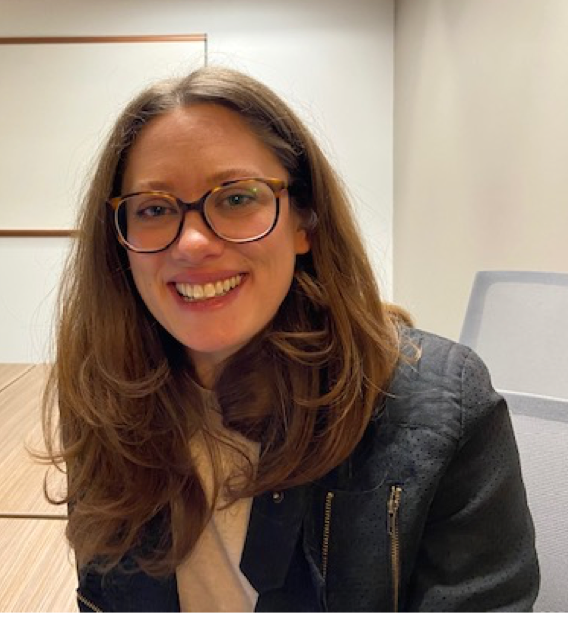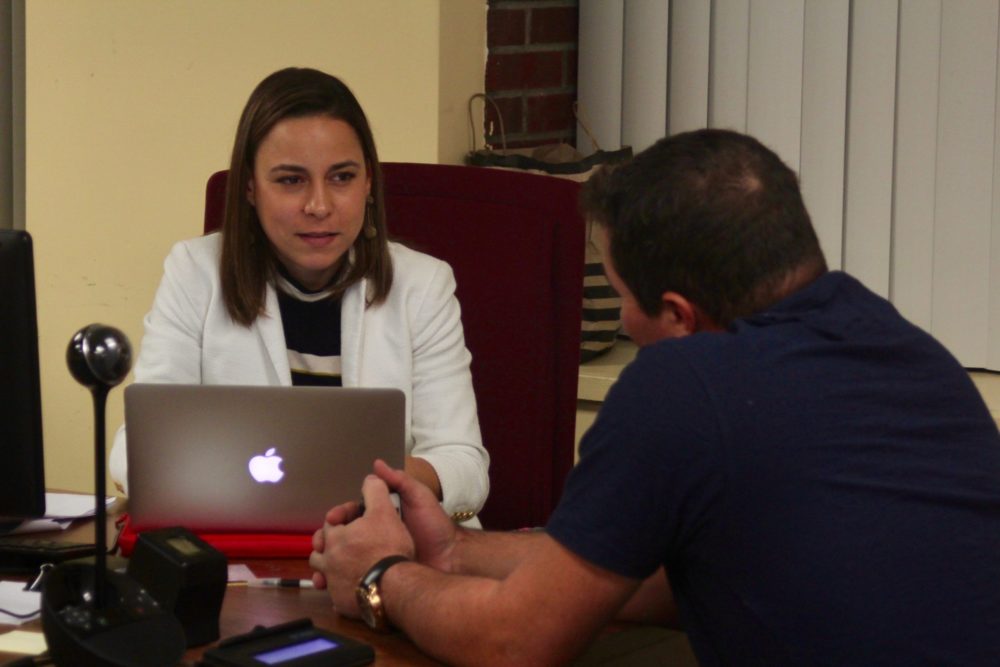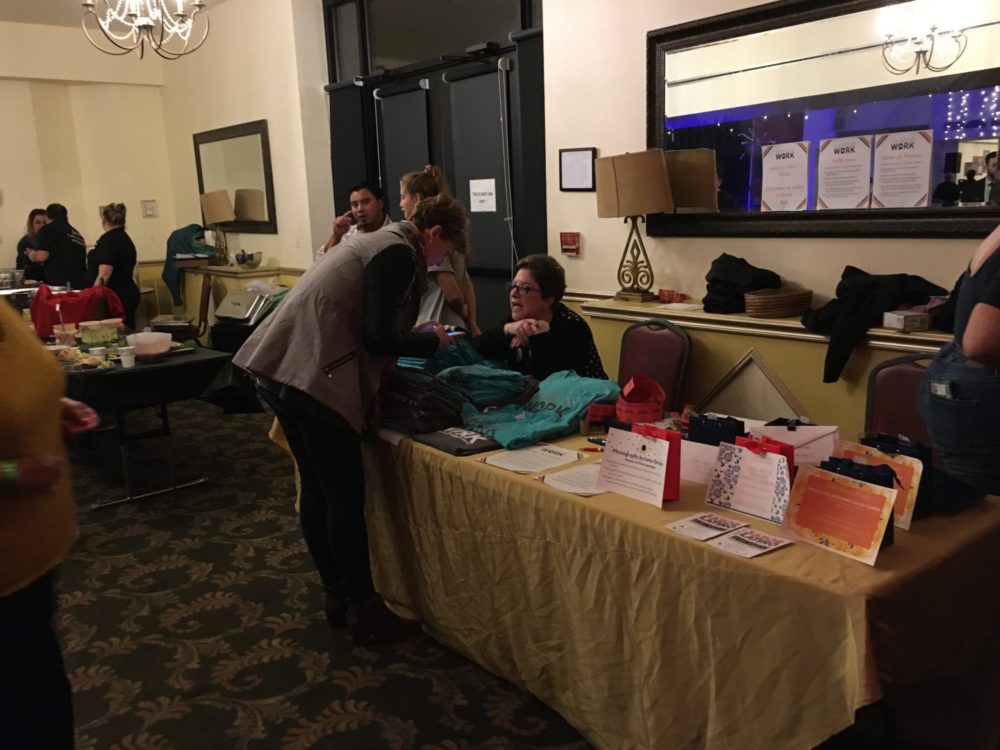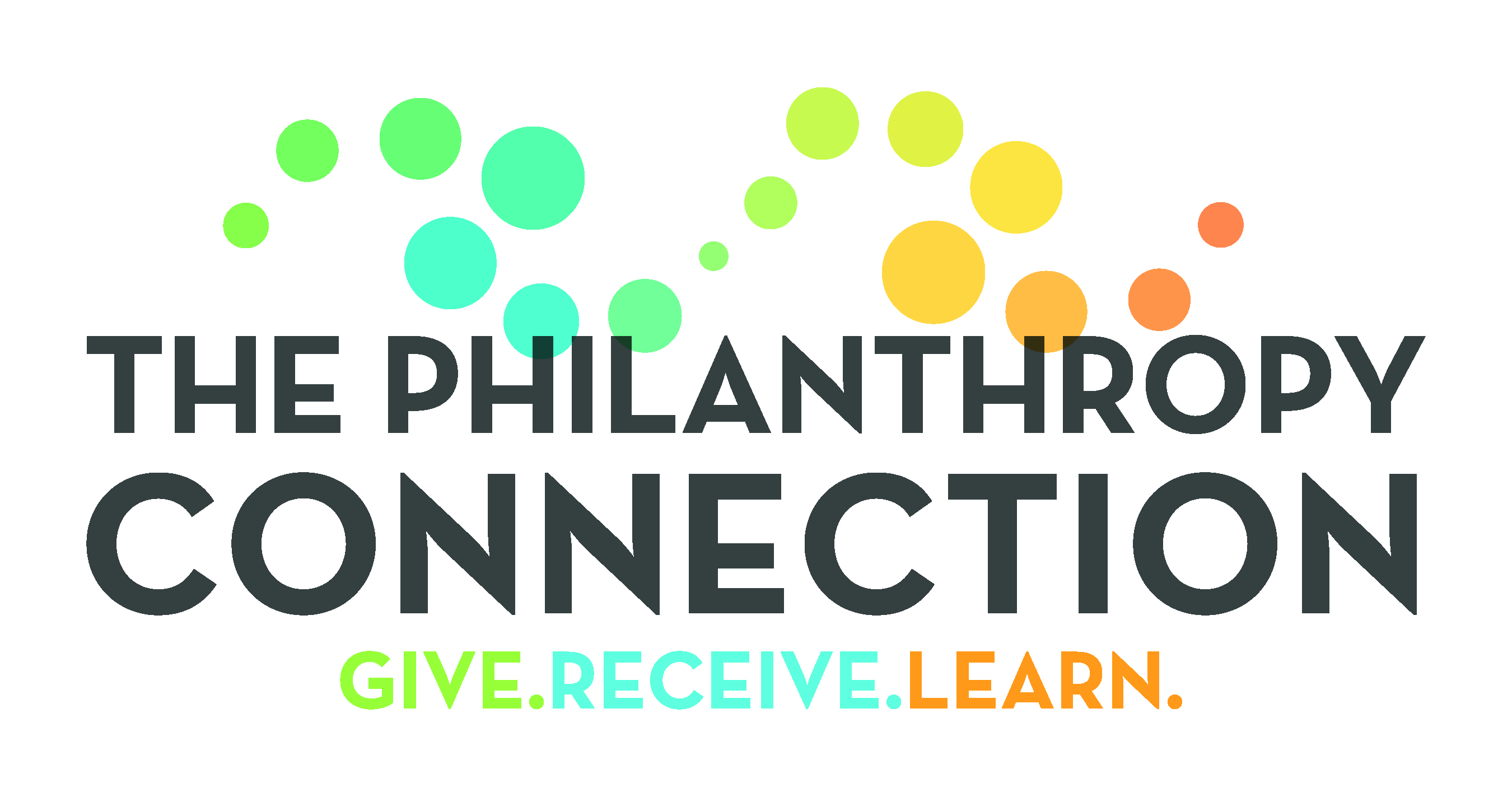The Interview with Katelyn Parady

Justice at Work (JAW) is a legal non-profit founded in 2011 that leverages the law to help immigrant worker centers and their members realize their rights and pursue dignity and justice. The organization has been a TPC grantee for the past two consecutive years. TPC also has helped JAW in various ways that extend beyond the grantor/grantee relationship, as illustrated below.
 What services does JAW provide?
What services does JAW provide?
Our five-person staff focuses on supporting community worker centers, which are prevalent in immigrant communities. People in low-paying jobs often turn to these centers when they have a problem at work or want to learn how to fight exploitative conditions. But the centers don’t have any attorneys on staff, which is where we come in. We do three primary things:
1. We provide direct legal services to workers, particularly those referred by low-wage worker organizations. These services include legal representation, referrals, liaison, and advice.
2. We offer legal training in Spanish, Portuguese, and English. In addition to directly training workers, we train the trainers when appropriate. We also work with members of the private labor and employment bar on representing undocumented clients and handling the kinds of violations immigrants routinely experience.
3. We provide strategic support of workers who are taking collective actions or organizing around a specific issue or industry. Currently, these include injury and wage theft in the seafood processing industry.
 Please provide some examples of those services.
Please provide some examples of those services.
Let’s imagine a group of cleaners have been working really long hours for several weeks and haven’t gotten paid. Their boss keeps promising them that paychecks are coming so they keep working. But the money never arrives. So the workers get together and find a community worker center to help. They are relieved when someone answers their call in Portuguese, which is their first language, which will make it easier to explain all the details. The worker center staff member tells the cleaners about their rights under the law, which the staff person may have learned about at a JAW training session. The staff member tells them the community will support them in standing up for themselves.
When the call is over, they will text one of our attorneys or program coordinators to set up a time to meet with us and the workers together. Our team will analyze the possible legal claim and help strategize different ways the cleaners can assert their legal rights and get what they are owed. This could include going to court with representation from us or an attorney we find for them, or it could include having the workers write a letter to the employer, deliver it in person, and demand the wages that have been stolen from them.
Think about if you had to do all of that just to get your paycheck. It’s terrible. That’s why we also support workers in their efforts to stop these things from happening in the first place.
 How would you describe JAW’s relationship with TPC?
How would you describe JAW’s relationship with TPC?
We’ve been enjoying an unexpected level of support from TPC. In addition to the grant itself, which has enabled us to hire an additional staff attorney, we have had the benefit of several excellent opportunities to increase our visibility. We’ve participated in several panels and we’ve received additional financial support in the form of donations from several TPC members as well as excellent volunteer support for our Salsa Night fund raiser. We even have an architect from a TPC member referral who is providing pro bono assistance in building out our new office space! (See December TPC Link for a Member Impact article highlighting this project.)
